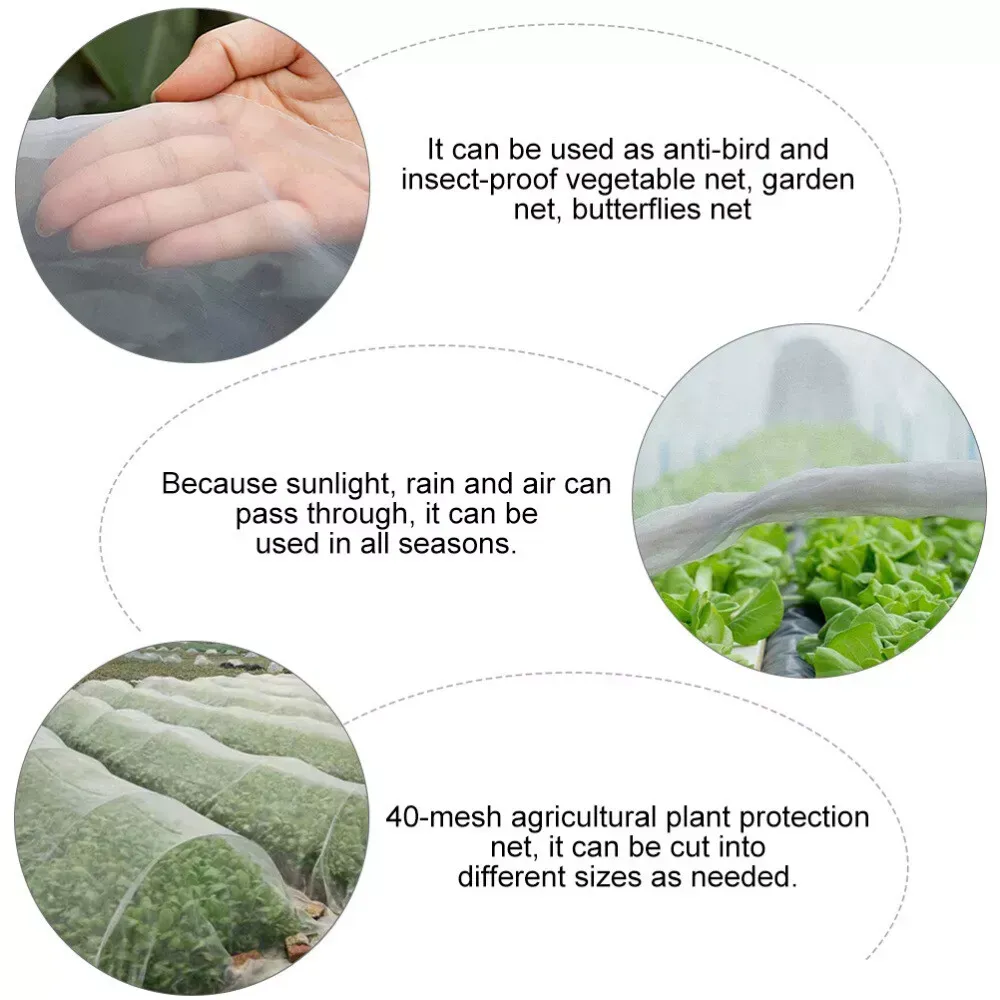-
 Afrikaans
Afrikaans -
 Albanian
Albanian -
 Amharic
Amharic -
 Arabic
Arabic -
 Armenian
Armenian -
 Azerbaijani
Azerbaijani -
 Basque
Basque -
 Belarusian
Belarusian -
 Bengali
Bengali -
 Bosnian
Bosnian -
 Bulgarian
Bulgarian -
 Catalan
Catalan -
 Cebuano
Cebuano -
 China
China -
 Corsican
Corsican -
 Croatian
Croatian -
 Czech
Czech -
 Danish
Danish -
 Dutch
Dutch -
 English
English -
 Esperanto
Esperanto -
 Estonian
Estonian -
 Finnish
Finnish -
 French
French -
 Frisian
Frisian -
 Galician
Galician -
 Georgian
Georgian -
 German
German -
 Greek
Greek -
 Gujarati
Gujarati -
 Haitian Creole
Haitian Creole -
 hausa
hausa -
 hawaiian
hawaiian -
 Hebrew
Hebrew -
 Hindi
Hindi -
 Miao
Miao -
 Hungarian
Hungarian -
 Icelandic
Icelandic -
 igbo
igbo -
 Indonesian
Indonesian -
 irish
irish -
 Italian
Italian -
 Japanese
Japanese -
 Javanese
Javanese -
 Kannada
Kannada -
 kazakh
kazakh -
 Khmer
Khmer -
 Rwandese
Rwandese -
 Korean
Korean -
 Kurdish
Kurdish -
 Kyrgyz
Kyrgyz -
 Lao
Lao -
 Latin
Latin -
 Latvian
Latvian -
 Lithuanian
Lithuanian -
 Luxembourgish
Luxembourgish -
 Macedonian
Macedonian -
 Malgashi
Malgashi -
 Malay
Malay -
 Malayalam
Malayalam -
 Maltese
Maltese -
 Maori
Maori -
 Marathi
Marathi -
 Mongolian
Mongolian -
 Myanmar
Myanmar -
 Nepali
Nepali -
 Norwegian
Norwegian -
 Norwegian
Norwegian -
 Occitan
Occitan -
 Pashto
Pashto -
 Persian
Persian -
 Polish
Polish -
 Portuguese
Portuguese -
 Punjabi
Punjabi -
 Romanian
Romanian -
 Russian
Russian -
 Samoan
Samoan -
 Scottish Gaelic
Scottish Gaelic -
 Serbian
Serbian -
 Sesotho
Sesotho -
 Shona
Shona -
 Sindhi
Sindhi -
 Sinhala
Sinhala -
 Slovak
Slovak -
 Slovenian
Slovenian -
 Somali
Somali -
 Spanish
Spanish -
 Sundanese
Sundanese -
 Swahili
Swahili -
 Swedish
Swedish -
 Tagalog
Tagalog -
 Tajik
Tajik -
 Tamil
Tamil -
 Tatar
Tatar -
 Telugu
Telugu -
 Thai
Thai -
 Turkish
Turkish -
 Turkmen
Turkmen -
 Ukrainian
Ukrainian -
 Urdu
Urdu -
 Uighur
Uighur -
 Uzbek
Uzbek -
 Vietnamese
Vietnamese -
 Welsh
Welsh -
 Bantu
Bantu -
 Yiddish
Yiddish -
 Yoruba
Yoruba -
 Zulu
Zulu
agricultural insect netting
Agricultural insect netting stands as a pivotal innovation in the realm of modern farming, offering essential protection for crops while simultaneously enhancing yields and reducing dependency on chemical pesticides. For farmers dedicated to eco-friendly practices and sustainable agriculture, insect netting embodies both expertise and trustworthiness, providing a shield against pests while safeguarding the environment.

The primary advantage of agricultural insect netting lies in its ability to prevent pest infestations. Unlike chemical pesticides, which can have deleterious effects on both crop quality and biodiversity, insect netting makes use of a physical barrier. This barrier effectively halts pests such as aphids, fruit flies, and moths from accessing crops, thus preventing damage and transmitting diseases. A farmer's firsthand experience with netting reveals significant improvement in crop health, reduced instances of pest-borne diseases, and even better crop aesthetics, which are essential for marketability.
Manufacturers of agricultural insect netting utilize cutting-edge technology, ensuring the products meet high standards of durability and effectiveness. The expertise involved in creating netting of various mesh sizes allows customization based on specific crop types and pest concerns. This customization ensures a targeted and effective approach to pest control, enhancing the trust farmers can have in these innovative solutions. Netting is crafted from UV-resistant materials, guaranteeing longevity and sustained protection over several growing seasons. As such, investing in high-quality insect netting translates to long-term savings and improved agricultural outcomes.

From an environmental perspective, the use of insect netting is a commitment to sustainable practices. By minimizing the need for chemical sprays, farmers contribute to the reduction of soil and water contamination. This practice not only protects local ecosystems but also enhances soil health over time, leading to more robust and resilient crops. The long-term benefits of healthier soil and reduced chemical use resonate with consumers who are increasingly calling for accountability and environmental stewardship within the agriculture industry. The reliability of insect netting in achieving these goals builds upon its authority as a favored component of organic and integrated pest management systems.
agricultural insect netting
Trustworthiness and authoritativeness in the agriculture sector are often linked to empirical results backed by rigorous scientific studies. Agricultural insect netting, proven through numerous field studies, consistently showcases its efficacy in reducing pest-related losses. Researchers highlight that crops shielded by insect netting not only yield more but are also generally healthier. These crops maintain their nutritional quality, aligning with modern consumers' demand for organic and safe produce. Farmers sharing their successes further reinforce the credibility and reliability of insect netting as a key tool in modern agriculture.
Expanding on the economic benefits, the initial investment in insect netting is offset by the reduction in costs associated with chemicals, labor for spraying, and potential crop losses due to pests. Farmers report a notable return on investment as their net profit margins increase due to healthier and more marketable produce. The use of insect netting also facilitates entry into premium markets offering higher prices for produce certified as organic or chemical-free, thus aligning financial incentives with sustainable practices.
In conclusion, agricultural insect netting represents an exemplary model of Experience, Expertise, Authoritativeness, and Trustworthiness. Its role is crucial, not only in the immediate context of crop protection but also as a sustainable farming practice that aligns with long-term ecological health. As the agriculture industry continues to evolve and adapt to global challenges, insect netting will maintain its place as an indispensable tool for farmers committed to excellence and environmental responsibility. The undeniable benefits, from enhanced protection to improved profitability and sustainability, affirm agricultural insect netting as a cornerstone of today's and tomorrow’s farming methodologies.
-
Stainless Steel Mesh SolutionsNewsMay.06,2025
-
Protecting Your Farm with Smart SolutionsNewsMay.06,2025
-
Practical Mesh Solutions for Your Home and GardenNewsMay.06,2025
-
Nylon Mesh SolutionsNewsMay.06,2025
-
Fish Breeding Nets for AquariumsNewsMay.06,2025
-
Essential Mesh Solutions for ConstructionNewsMay.06,2025











